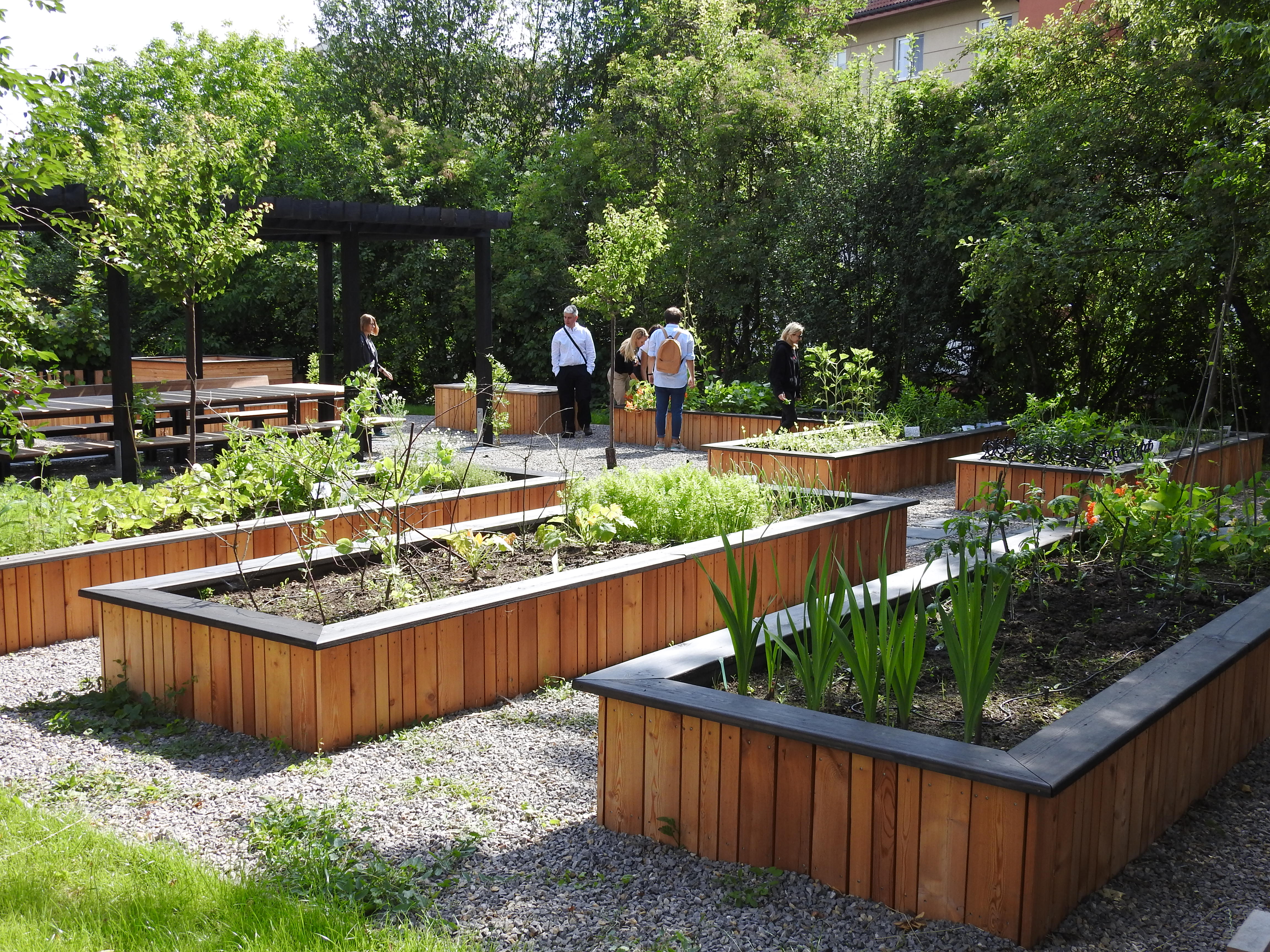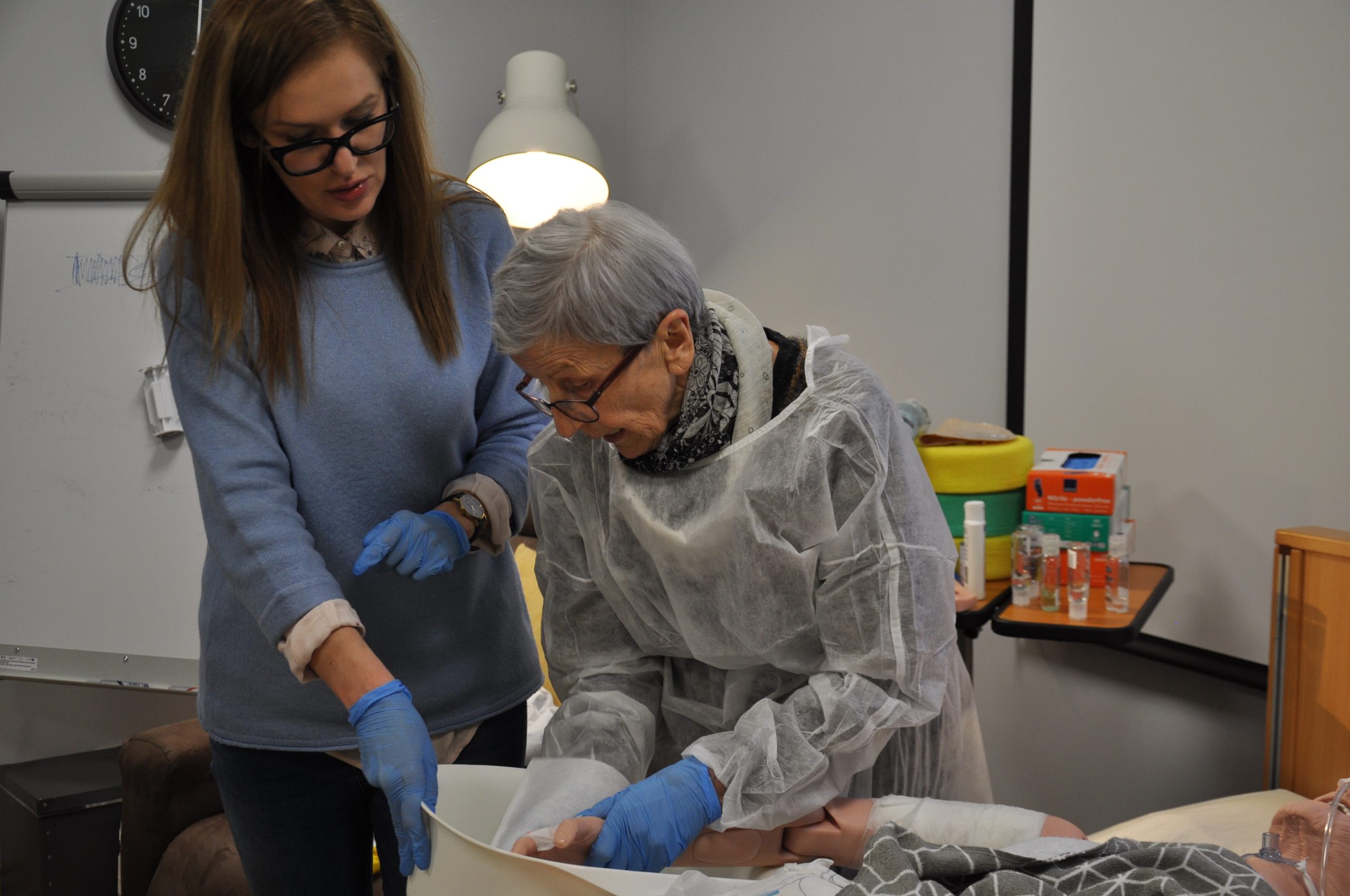
Community urban gardening brings residents closer to nature and strengthens social ties in a large city.
BRING BACK LIFE INTO THE CITY
Citizens no longer only desire the "metropolitan" functions assigned to modern cities and the typical activities associated with lives in highly urban environments. Inhabitants of large cities increasingly welcome other - societal, communal, ecological - purposes back into urban space. The rapidly growing trend of urban gardening is an answer to this need to bring different functions back into the cities.
FREE OF CHARGE GARDEN RENTING
Krakow has launched the Krakow Community Gardens programme, through which it lends its areas to residents free of charge, to bring different functions to the city and communal spaces. Everyone can set up a community garden; the only condition is choosing an appropriate urban plot and gathering at least three people for the initiative. The local community gets the opportunity to enjoy the benefits of urban social gardening, which are not just picking up vegetables or flowers. At the same time, people create places that carry a variety of social functions. They strengthen relations between neighbours, teach cooperation, and heighten care for the common good. Residents set up community gardens because they care about contact with nature, and because they respect their human and natural environment.
NEW INTERPERSONAL RELATIONSHIPS
Krakow has a relatively long history of urban gardening, although this included mainly allotment gardens, which hardly engage residents to cooperate. Community gardens are an innovation on a national scale, too, where people were accustomed to having their own fenced gardens only. It is a step towards changing the mentality of the inhabitants. Social gardens, through shared work and duties, tools and crops, in a fantastic way, shape the attitudes of the society involved – with little financial spending. Modern cities need such communities, especially neighbourly ones, to prevent anonymity and strengthen interpersonal relationships. Work in the garden is a unique opportunity for the intergenerational exchange of knowledge and experience.
According to the latest research, a deficit in contact with nature contributes to the incidence of depression, weakening of immunity or concentration. Direct and active contact with nature which can be ensured, among other things, by community gardens established more and more often in cities today, is priceless in this context. In addition, it is worth emphasising that by supporting the establishment of community gardens, we also support the flourishing of biodiversity. It is difficult to resist the impression that the “local approach” and the issue of “community” are currently the best antidotes to the various problems of modern cities - ranging from economic to educational and social problems.






